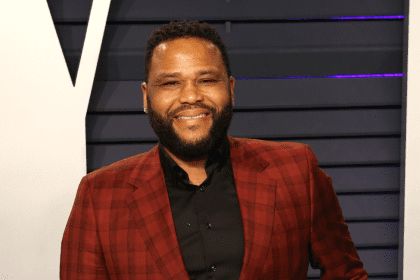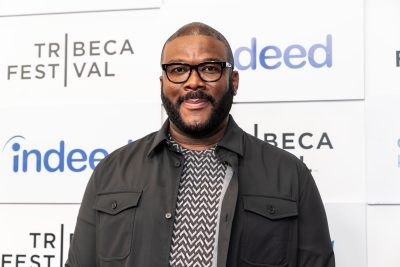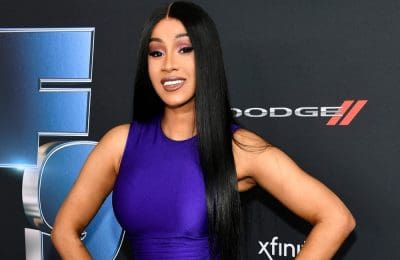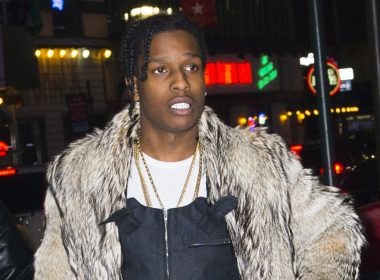
Bernard Parks doesn’t march to the beat of anyone’s drum. Never has. For starters, he’s a black man who’s always held a positive view of the Los Angeles Police Department — even in his youth. That separates him right off the rip. I mean, his worst encounter with police is when he got his one and only traffic ticket the week before joining the police force after quitting a General Motors assembly job. Then again, being the son of a police officer and the product of parochial schools in L.A. will imbue a different set of sensibilities in anyone.
His “I’m my own man” disposition is one of the qualities that led to his rise to police chief of the LAPD. But it has also drawn the ire of entire sections of the Southern California populace. Organized labor despises him because, as head of the budget committee, he advocated for deep cuts in benefits for city workers, calling their current benefits “too generous.” Minorities view him with suspicion because he was a police officer’s “officer.” And he has attracted venom for motioning to outlaw medical marijuana dispensaries, calling them “gateway drugs.”
But we find that Parks is particularly sensitive to legalizing any drug that he believes will only amplifiy criminal and gang activities in the city. His desire to reduce crime led to his “Stop the Violence” campaign.
“About 80 percent of people who died in homicides are males, almost exclusively of color and generally under 30 years of age,” Parks said. “Almost 85 percent of all homicide victims in L.A. are black and brown males. People who kill them are generally 14 to 24. We also know that they die in large numbers between Friday night and Sunday morning. They also die between 6 p.m. to 3 a.m. When we look at those figures, we believe that even though we have dropped homicides significantly in the city, we know we can still make an impact.”
Parks is extremely resolute about reducing crime in Los Angeles, particularly because violent tragedy struck his family unexpectedly. His 20-year-old granddaughter, Lori Gonzales, was the victim of the type of violence that he has worked his whole adult life to stop.
“It’s one of the things that you never want to experience, because no matter what has happened since then, you’ll always remember the phone call and questioning by the lieutenant saying, ‘This is what occurred. Do you have a relative by this name?’ Then you hear the word that she is a victim of homicide. Although you know clearly what a homicide is, you have to go through your mind and go, ‘Homicide and Lori. How does it relate?’
“Then you have to quickly assemble and realize the impact it’s going to have on the family and how they are going to respond to it and how you’re going to keep them together,” Parks continues. “So it is a multitude of things that go through your head, and the last thing you have on your mind is ‘I’m gonna collapse and just do nothing.’ Everybody expects that you’re going to be a part of what’s going on. You’re gonna be giving directions, be a part of it, lead the family, and do all that. So it is a horrendous experience that I wouldn’t wish on anyone. And it’s a daily experience, because you don’t just bury someone that young. As a member of the family, you live with it daily. There are things that happen that remind you of it. You see her mother on a routine basis, and you see her struggle with it. You hear friends and relatives and how they struggle with it. So it’s a lifelong issue that you address.” –terry shropshire










